Turkey's election: What do we need to know?
- Published
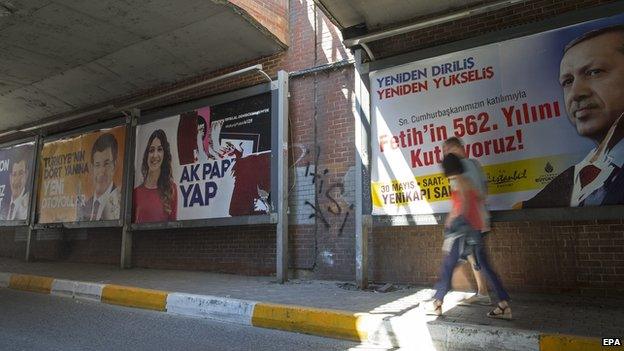
Opinion polls are banned in the last ten days of campaigning so last-minute swings cannot be tracked
Turkey's voters elect a new parliament on Sunday, with the governing Justice and Development (AK) Party, external hoping to secure a large enough majority to press for constitutional change to increase the power of the country's president.
But a strong showing by the left-wing People's Democratic Party, external (HDP) could not only thwart this plan, but also herald a serious weakening of the AK Party's 13-year grip on power.
What does the AK Party hope to achieve?
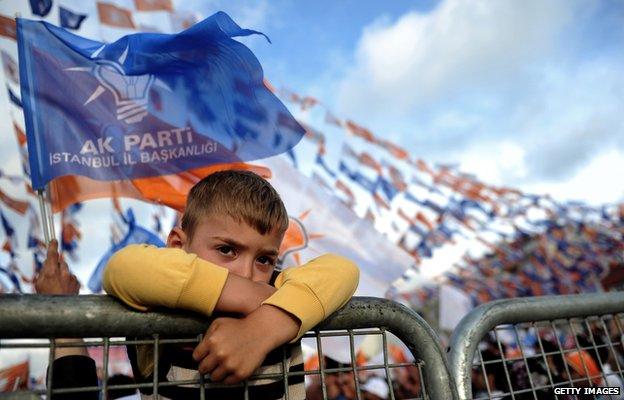
The AK Party obtained a comfortable majority of 327 out of 550 seats at the 2011 election under its veteran leader Recep Tayyip Erdogan, who served as prime minister from 2003 until winning the presidential election last year.
If it can raise its tally of MPs to 330, it would be enough to authorise a referendum on the presidential question.
A win of 367 seats - a two-thirds majority - would mean the AK Party could, under the current constitution, simply pass the amendments it wants without public consultation.

What is the role of President Erdogan?
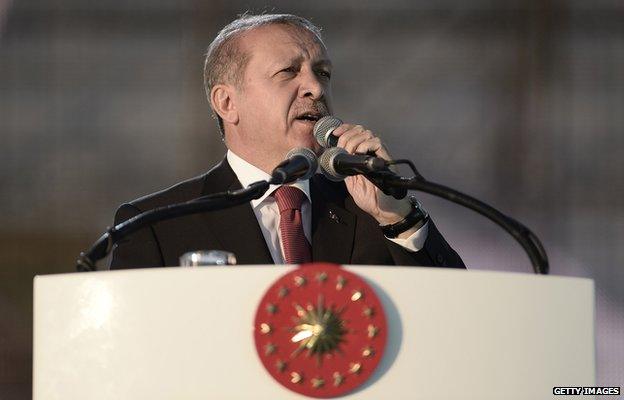
Recep Tayyip Erdogan was PM from 2003 until winning the presidential election last year
Opposition parties have complained that Mr Erdogan has defied protocol by campaigning for the AK Party, acting more as a party chief than impartial head of state.
He has also chaired cabinet meetings, something that presidents are only meant to do in certain circumstances.
Opinion polls show consistent support for the current parliamentary system, even among AK Party voters, so President Erdogan's increasingly high-handed attitude will only make the electoral stakes higher.

What is the agenda of the other party leaders?
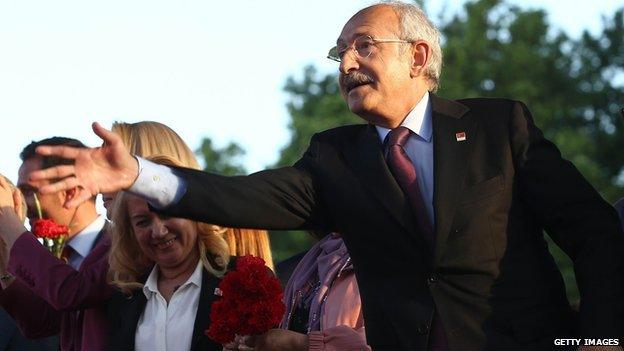
Republican People's Party leader Kemal Kilicdaroglu hopes to benefit from a flagging economy
The main opposition Republican People's Party's leader, Kemal Kilicdaroglu, has repositioned the party on the centre-left after years of tacking to the centre.
But he faces a strong left-wing challenge from the HDP, just at when he was hoping to benefit from the flagging economy.
The far-right National Movement Party, external (MHP) is likely to remain third-largest party.
Its veteran leader Devlet Bahceli has softened its hard line against minority rights, but the party's real appeal is to opponents of the government's rapprochement with the Kurdish community.
That community is the key constituency of the HDP, which is also reaching out to the squeezed working and professional classes.
Under the energetic male-female leadership team of Selahattin Demirtas and Figen Yuksekdag it has also seized on recent disputes over women's rights and civil liberties to galvanise younger, urban voters.

What are the likely post-election scenarios?
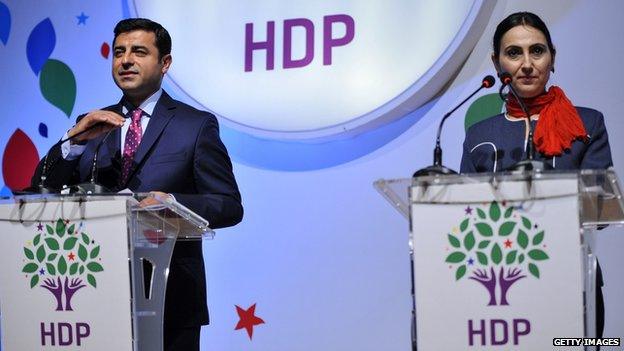
The HDP is led by Selahattin Demirtas (left) and Figen Yuksekdag
Opinion polls are banned in the last 10 days of campaigning, which means last-minute swings cannot be tracked.
But, if the most recent polls are reasonably accurate, the AK Party should win 40-44% of the vote. The HDP would just about make it into parliament, passing the 10% threshold to entry with more than 50 seats.
This would mean the AK Party would have little chance of a majority and, given that all other parties oppose the constitutional reform plans, even less chance of approval for a referendum.
A stronger showing by the AK Party, but with the HDP still in parliament, would allow the AK Party to govern alone, but the problem over support for the referendum would remain.
On the other hand, a poor HDP showing would mean the AK Party would be more likely to hit its target of 330 seats and secure its referendum, as it would also receive a proportion of the re-allocated HDP votes.

Can voters expect a fair election?
They don't seem to. A recent poll suggests that public fears of electoral fraud have risen dramatically since the last parliamentary vote, and opposition parties of all stripes accused the AK Party of vote-rigging at last March's municipal elections.
Given how much rides on the HDP entering parliament, its activists fear government supporters will try to switch the few thousand votes needed to secure an AK Party majority.
This has prompted citizens' groups to carry out their own monitoring of the vote this time around.
BBC Monitoring reports and analyses news from TV, radio, web and print media around the world. You can follow BBC Monitoring on Twitter, external and Facebook, external.
- Published2 June 2015
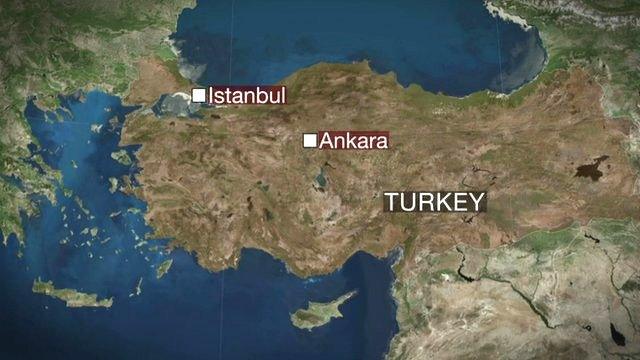
- Published1 June 2015
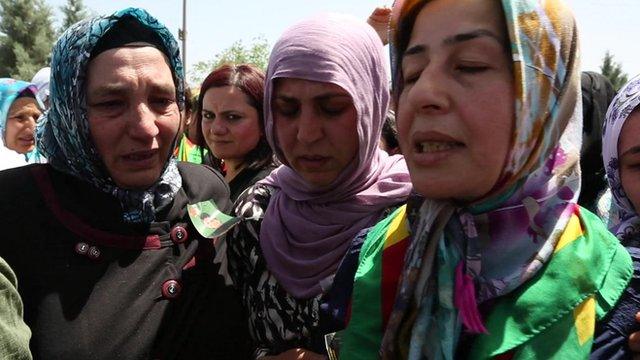
- Published1 June 2015
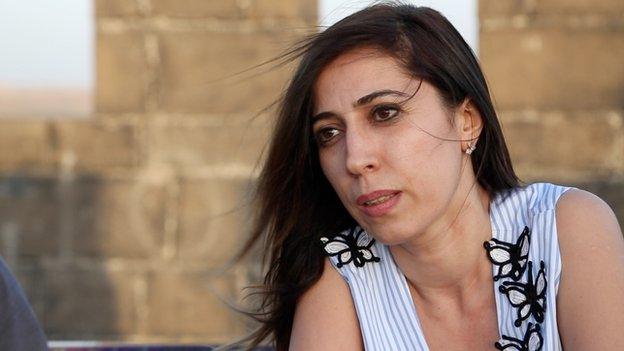
- Published1 June 2015
